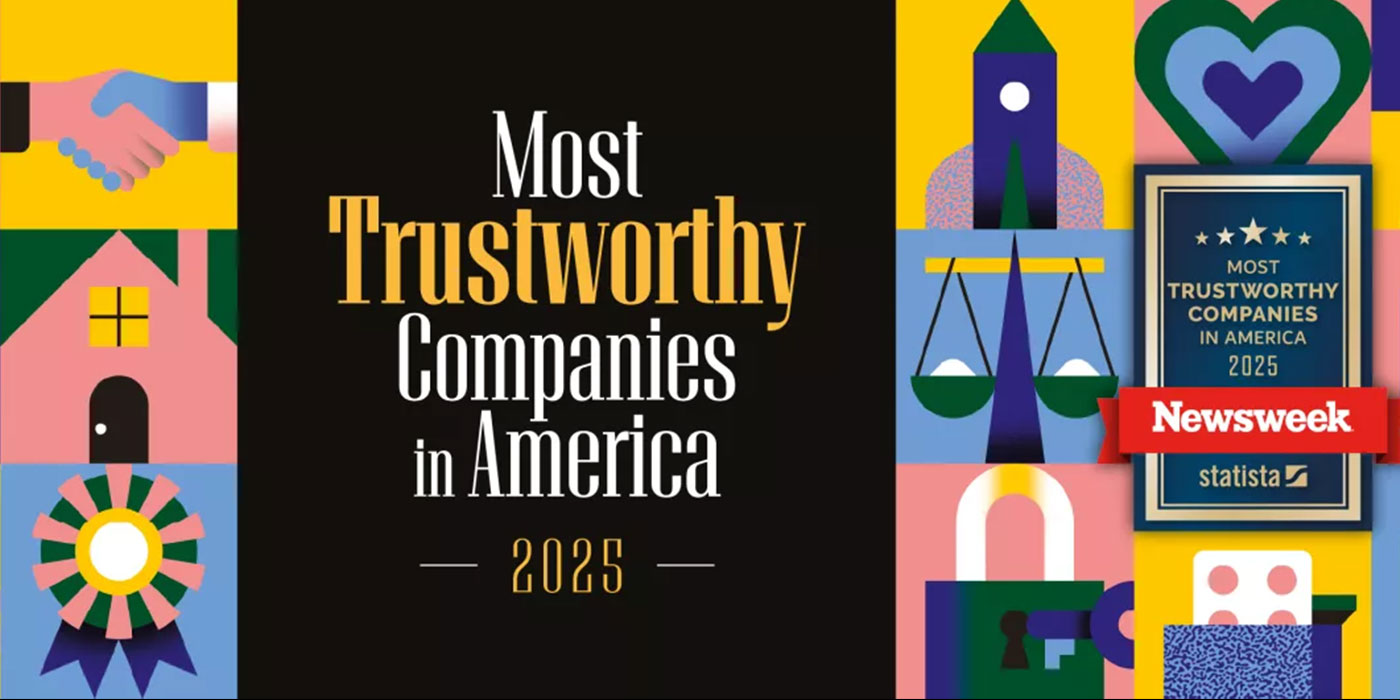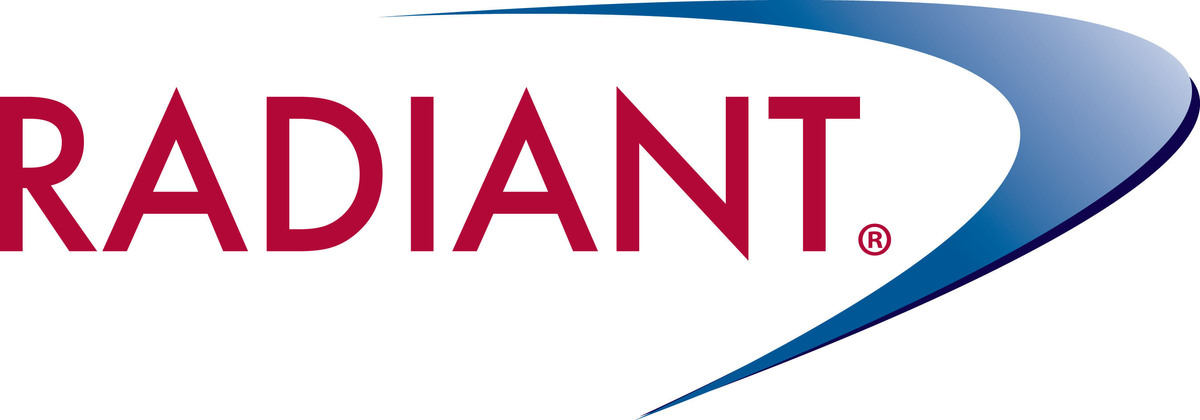Zuckerberg's High-Stakes Showdown: Can Meta Survive the FTC's Antitrust Assault?
Companies
2025-04-15 21:10:32Content

In a recent analysis of the Federal Trade Commission's antitrust case against Meta, Shweta Khajuria from Wolfe Research suggests that the regulatory body may be facing an uphill battle. Speaking on "Bloomberg Technology" with Ed Ludlow, Khajuria argues that the FTC's allegations regarding Meta's acquisitions of Instagram and WhatsApp appear to have significant weaknesses.
The financial analyst contends that the commission's case lacks the robust evidence needed to prove that these strategic purchases systematically eliminated competition in the social media and messaging app landscape. Her insights provide a critical perspective on the ongoing legal challenge that could have far-reaching implications for big tech merger strategies.
As the antitrust debate continues to unfold, Khajuria's assessment highlights the complexities of proving anti-competitive behavior in the rapidly evolving digital marketplace.
Meta's Antitrust Battle: Unraveling the FTC's Challenge to Tech Giant's Acquisition Strategy
In the ever-evolving landscape of big tech, Meta finds itself at the center of a high-stakes legal confrontation that could reshape the future of digital competition and corporate acquisitions. The Federal Trade Commission's recent legal challenge threatens to unravel the strategic moves that transformed Facebook into the global tech powerhouse now known as Meta.Challenging the Titans: When Regulatory Scrutiny Meets Tech Innovation
The Competitive Landscape of Social Media Acquisitions
The technology ecosystem has long been characterized by strategic acquisitions that consolidate market power and eliminate potential competitive threats. Meta's purchases of Instagram and WhatsApp represent quintessential examples of this corporate strategy. Wolfe Research analyst Shweta Khajuria suggests that the FTC's current legal approach may be fundamentally flawed, highlighting the complex nuances of technological competition. The acquisition strategy employed by Meta was not merely about purchasing competitors, but about recognizing emerging platforms with transformative potential. Instagram and WhatsApp represented more than simple social media applications; they were revolutionary communication technologies that fundamentally reimagined digital interaction.Legal Challenges and Market Dynamics
Regulatory bodies face unprecedented challenges in understanding and effectively regulating rapidly evolving technological landscapes. The FTC's case against Meta represents a critical moment in antitrust regulation, where traditional legal frameworks are being tested against the dynamic realities of digital innovation. Khajuria's analysis suggests that the regulatory approach may be overly simplistic, failing to appreciate the intricate ecosystem of technological development. The acquisition of potential competitors is not inherently anti-competitive but can be viewed as a natural progression of technological evolution.Economic Implications of Tech Consolidation
The broader economic implications of such acquisitions extend far beyond individual companies. They represent a fundamental restructuring of how innovation is conceived, developed, and monetized in the digital age. Meta's strategic purchases have not just consolidated market power but have driven significant technological advancements. Technological ecosystems thrive on complex interactions between established players and emerging innovators. The FTC's current legal strategy risks oversimplifying these intricate relationships, potentially stifling the very innovation it seeks to protect.The Future of Technological Competition
As the legal battle unfolds, it raises critical questions about the nature of competition in the digital era. How do regulatory frameworks adapt to technologies that evolve faster than legal interpretations can keep pace? The Meta case represents a pivotal moment in understanding the delicate balance between corporate strategy and market regulation. The outcome could potentially set precedential guidelines for how tech companies navigate acquisition strategies, influencing investment patterns and innovation trajectories across the entire technology sector.Expert Perspectives and Market Reactions
Industry experts like Shweta Khajuria provide nuanced insights into the complex legal and economic dynamics at play. Her assessment of the FTC's "weak case" suggests that the regulatory approach may be fundamentally misaligned with the realities of technological development. Market reactions have been mixed, with investors and technology analysts closely monitoring the potential ramifications of this unprecedented legal challenge. The case represents more than a simple antitrust investigation; it is a referendum on the future of technological innovation and corporate strategy.RELATED NEWS
Companies

Tow Truck Troubles: Local Businesses Face Heat as Consumer Complaints Escalate
2025-04-18 02:51:11







